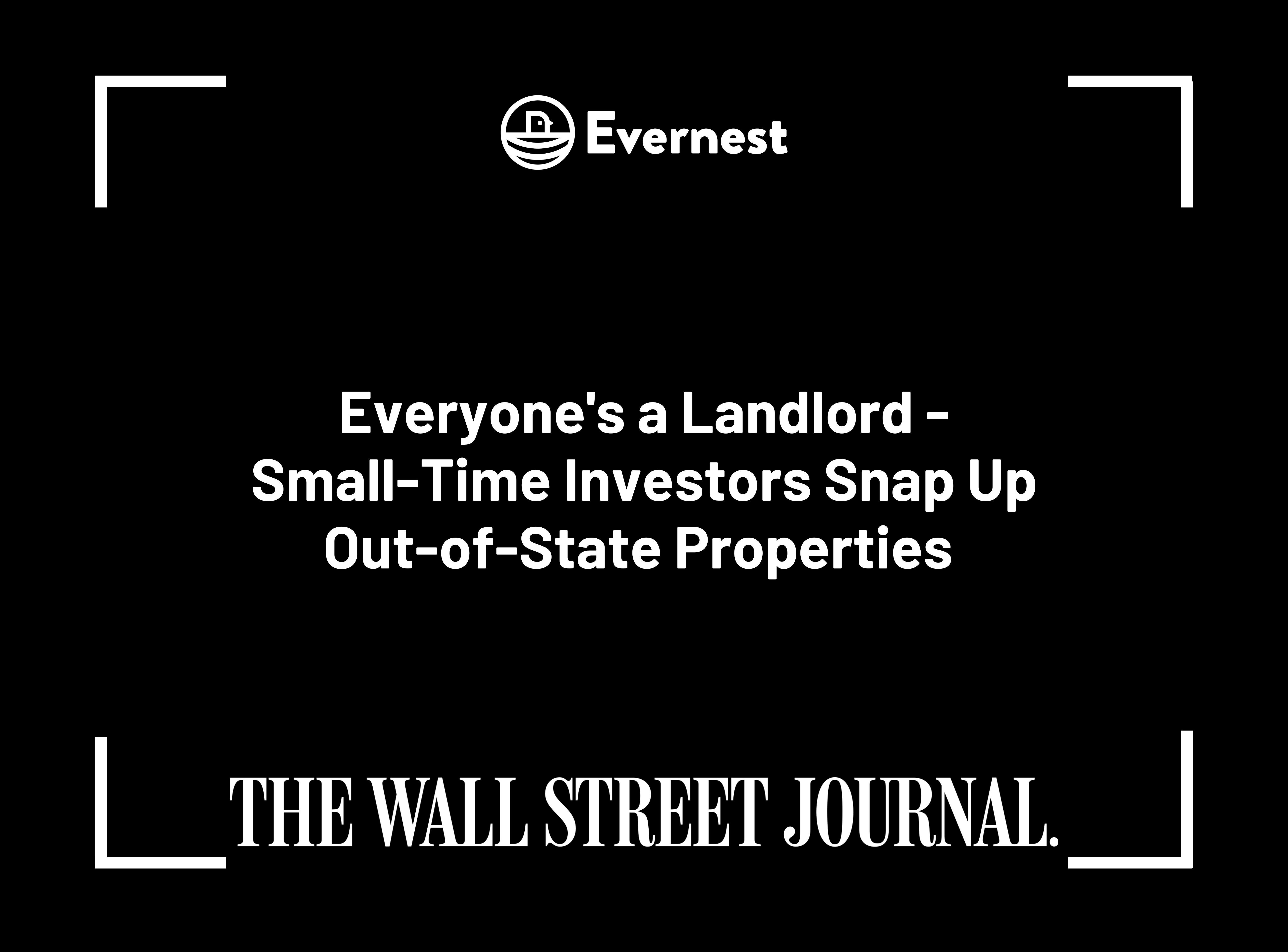Jack Cronin found San Francisco-area homes too expensive or too far from the city center to buy when he lived there in 2020. The tech worker still wanted a piece of the hottest housing market of his lifetime, so he started looking farther afield.
Last year, the 28-year-old used a website called Roofstock, which provides listings and data for investors interested in rental properties, to buy a three-bedroom home outside Jackson, Miss., for $265,000. Mr. Cronin, who now lives in New York City, has never visited Jackson nor met the tenants in his home, lightly landscaped with bushes and crepe myrtle trees. It’s enough to know that a management company collects $2,300 a month in rent for him.
“So far, so good,” he said.
Mr. Cronin is part of a new movement of laptop landlords, in which individual investors are buying homes, often in other states, to rent out. Many are well-paid professionals who view owning a rental as a core investment, alongside stock or bond funds. Recent technologies that simplify the process and enable home purchases online have fueled the movement’s growth.
Data services help would-be landlords pick neighborhoods with precision, feeding them detailed reports on sales prices, crime rates and local schools. Online real-estate marketplaces such as Roofstock and Appreciate connect them with financing or local managers who can handle property maintenance and leasing. Content publishers and web forums like BiggerPockets offer up investment strategies and tips on where to buy.
“It can all be done online,” said real-estate consultant John Burns in Irvine, Calif. “That’s been the game-changer.”
Home purchases by investors large and small climbed to record levels during the pandemic, reaching a high of 28% of all single-family home sales in February of 2022, up from 17% during the same month in 2019, according to housing data firm CoreLogic. Individuals like Mr. Cronin or other small enterprises that own 10 or fewer homes accounted for about half of all investor purchases.
A separate measure of investor purchases by Attom Data Solutions, prepared for The Wall Street Journal, shows that the niche of out-of-state small investors has also grown. Members of this group, who purchased between two and 10 homes a year, bought 2.1% of all American homes sold in the second quarter of 2022, up from 1.5% during the same quarter in 2019. Purchases of just one house were excluded to rule out vacation homes.
Individual investors had been drawn to the housing market by robust house-price growth, low mortgage rates and rising rents. Home sales have slowed in recent months, the result of higher borrowing costs, limited supply and high prices. Some investors have stepped back from the market, according to real-estate agents and some market reports.
Owning rental property in any market comes with risk. Unforeseen repairs, tenants who stop paying rent and property management fees, often 8% to 10% of revenue, all can eat into potential profit. Some investors who finance their purchases with variable-rate loans may also face higher payments if interest rates continue to climb.
But rents continue to climb to new highs most everywhere in the U.S., making the business potentially lucrative even with rising interest rates.
As a result, even small housing markets are becoming less local. When area tenants make offers on homes in Jackson or Jacksonville, Fla., they face nationwide competition from professional real-estate companies and small investors alike, at a time when the inventory of homes for sale is already considered low. That has made it even harder for young locals to start a financial nest egg through homeownership and is compounding rising housing costs.
Individual investors had been drawn to the housing market by robust house-price growth, low mortgage rates and rising rents. Home sales have slowed in recent months, the result of higher borrowing costs, limited supply and high prices. Some investors have stepped back from the market, according to real-estate agents and some market reports.
Owning rental property in any market comes with risk. Unforeseen repairs, tenants who stop paying rent and property management fees, often 8% to 10% of revenue, all can eat into potential profit. Some investors who finance their purchases with variable-rate loans may also face higher payments if interest rates continue to climb.
But rents continue to climb to new highs most everywhere in the U.S., making the business potentially lucrative even with rising interest rates.
As a result, even small housing markets are becoming less local. When area tenants make offers on homes in Jackson or Jacksonville, Fla., they face nationwide competition from professional real-estate companies and small investors alike, at a time when the inventory of homes for sale is already considered low. That has made it even harder for young locals to start a financial nest egg through homeownership and is compounding rising housing costs.
Keep reading here. >>
Original source per The Wall Street Journal. >>


